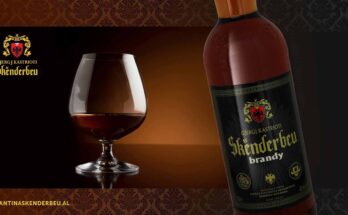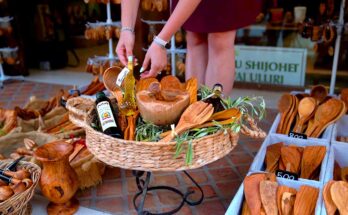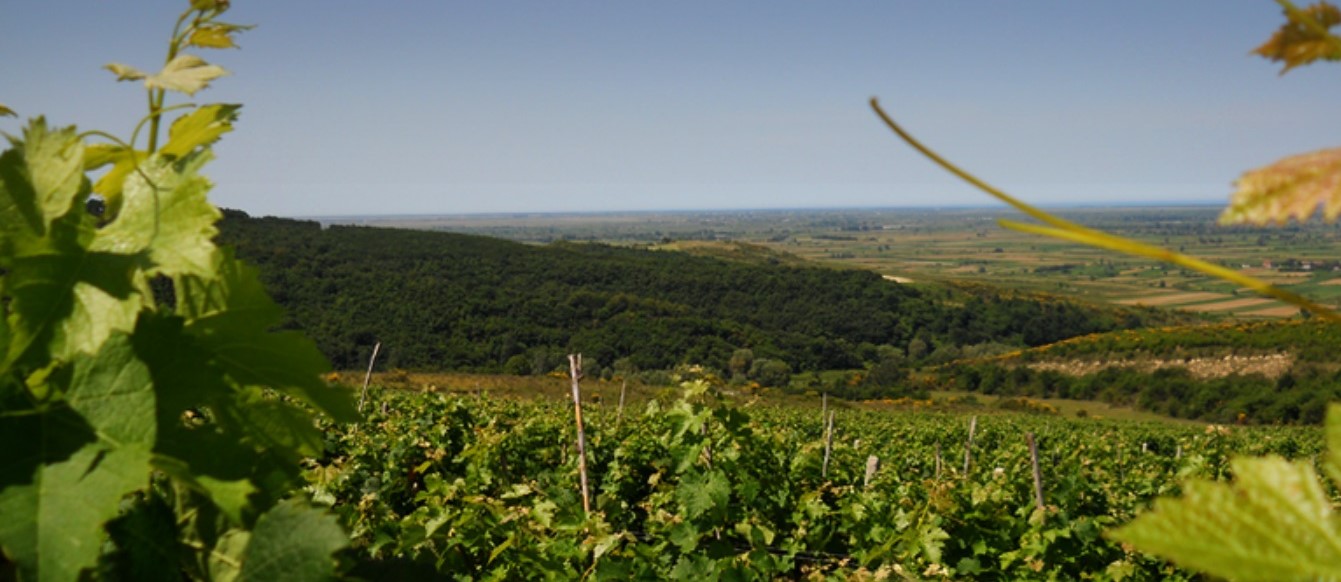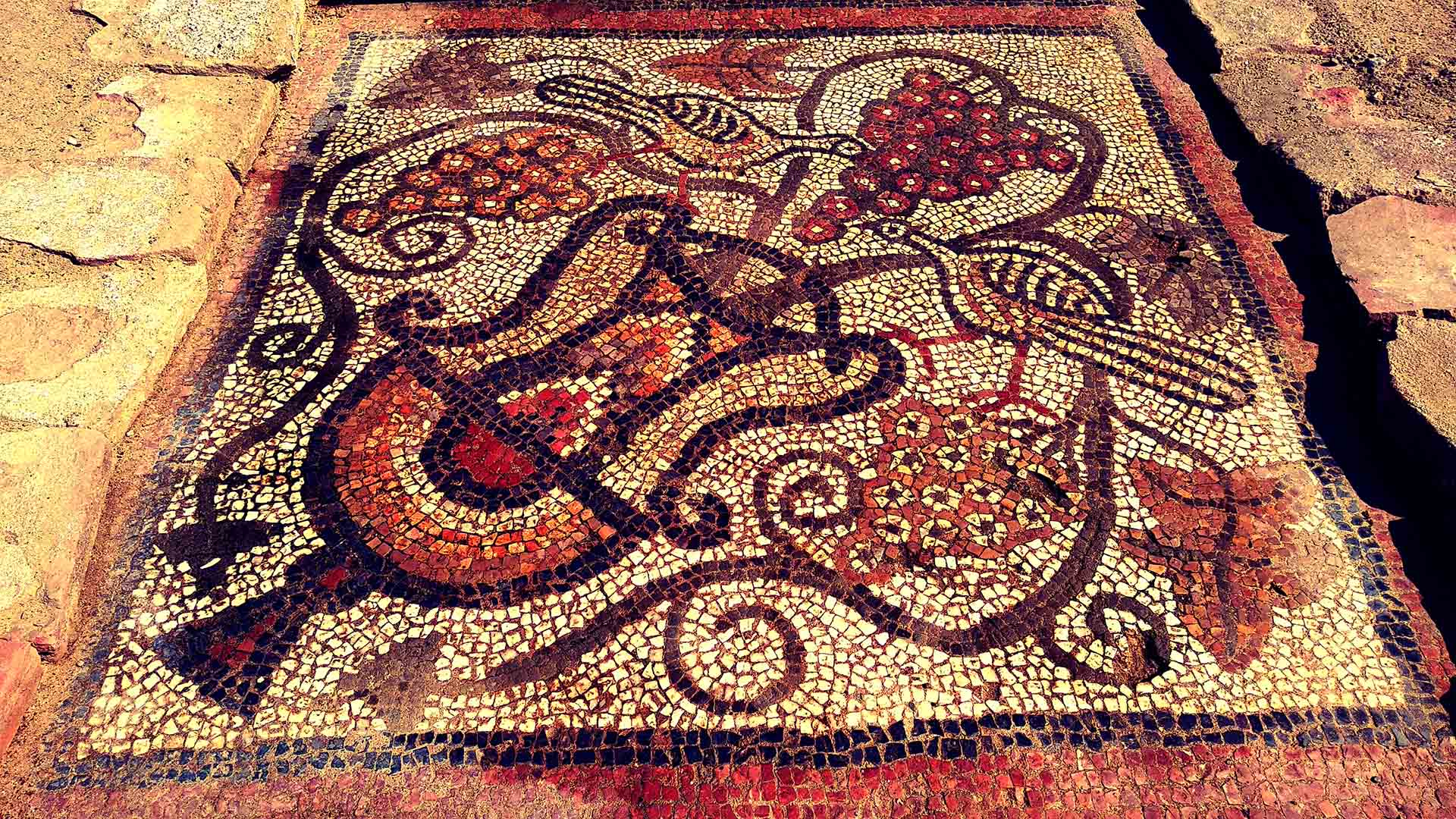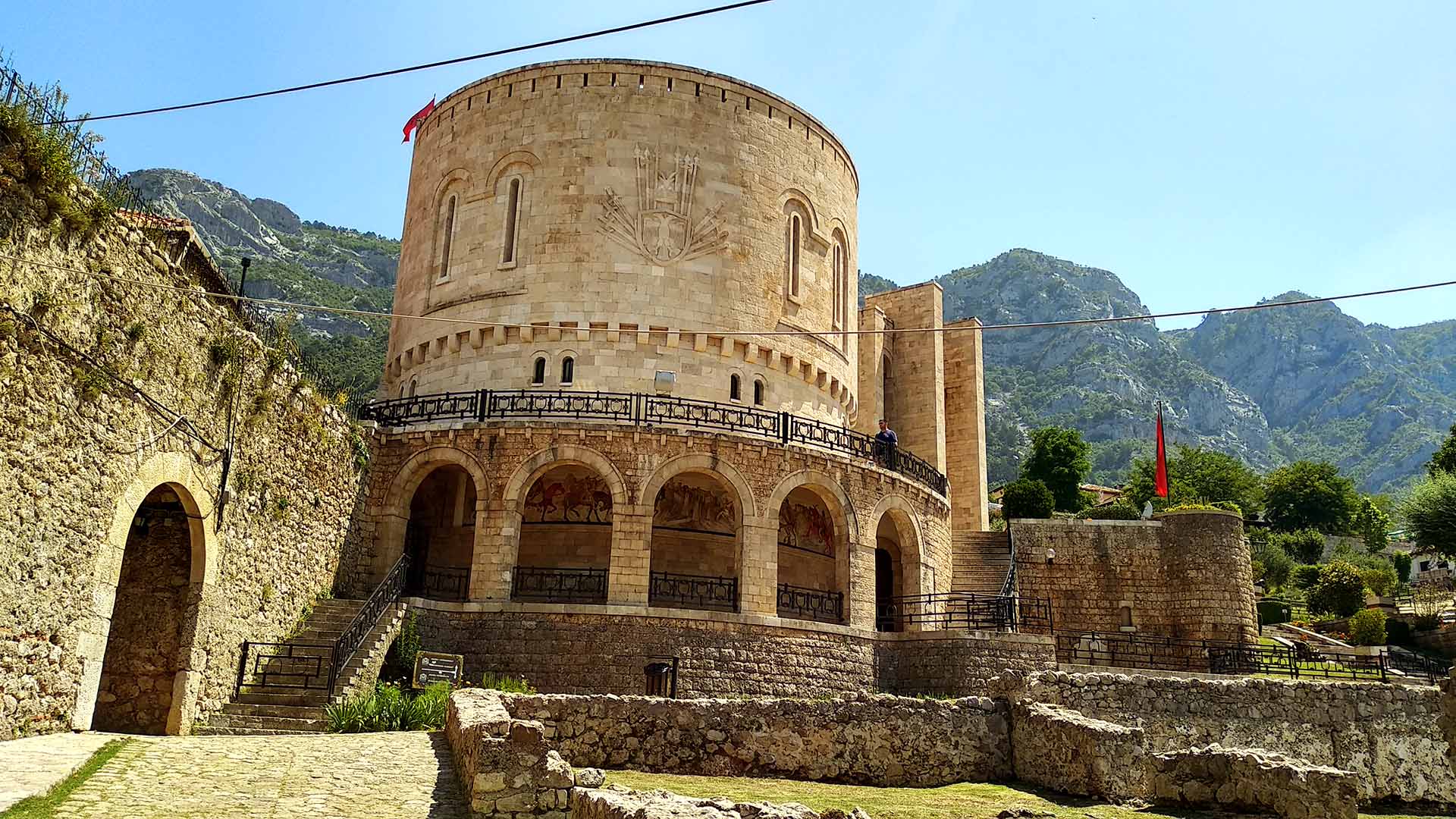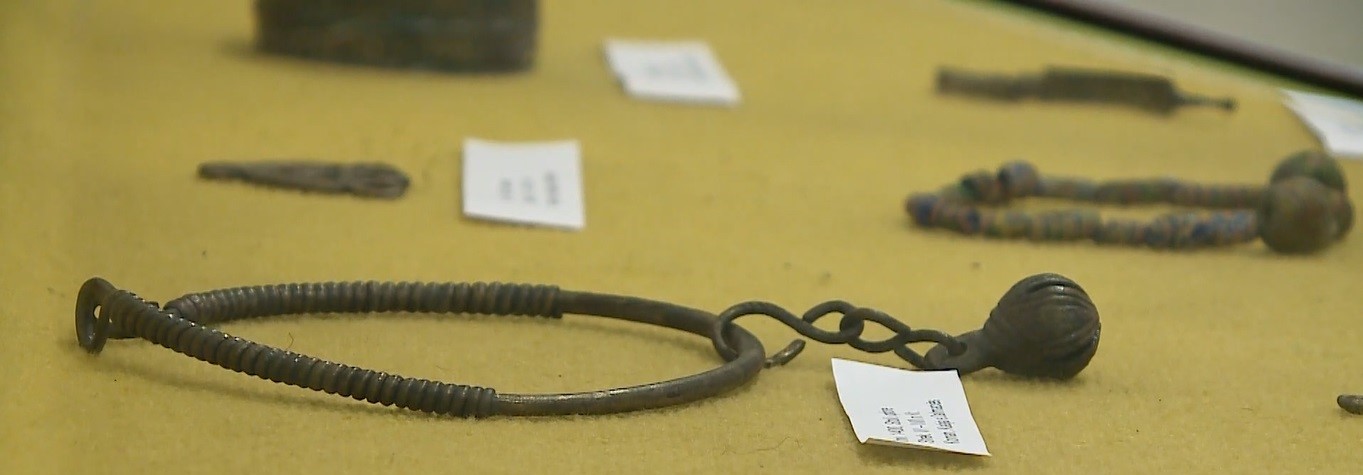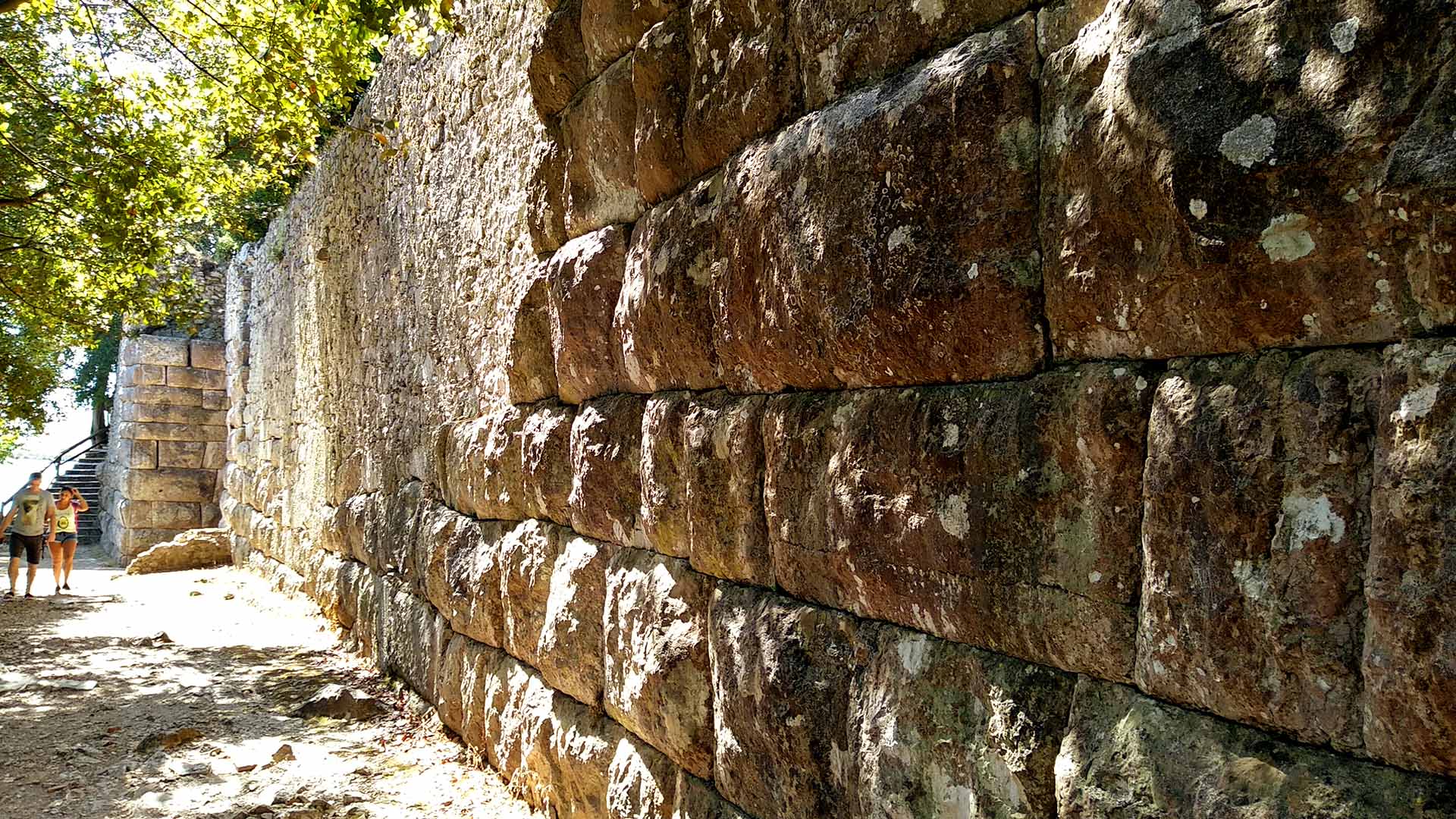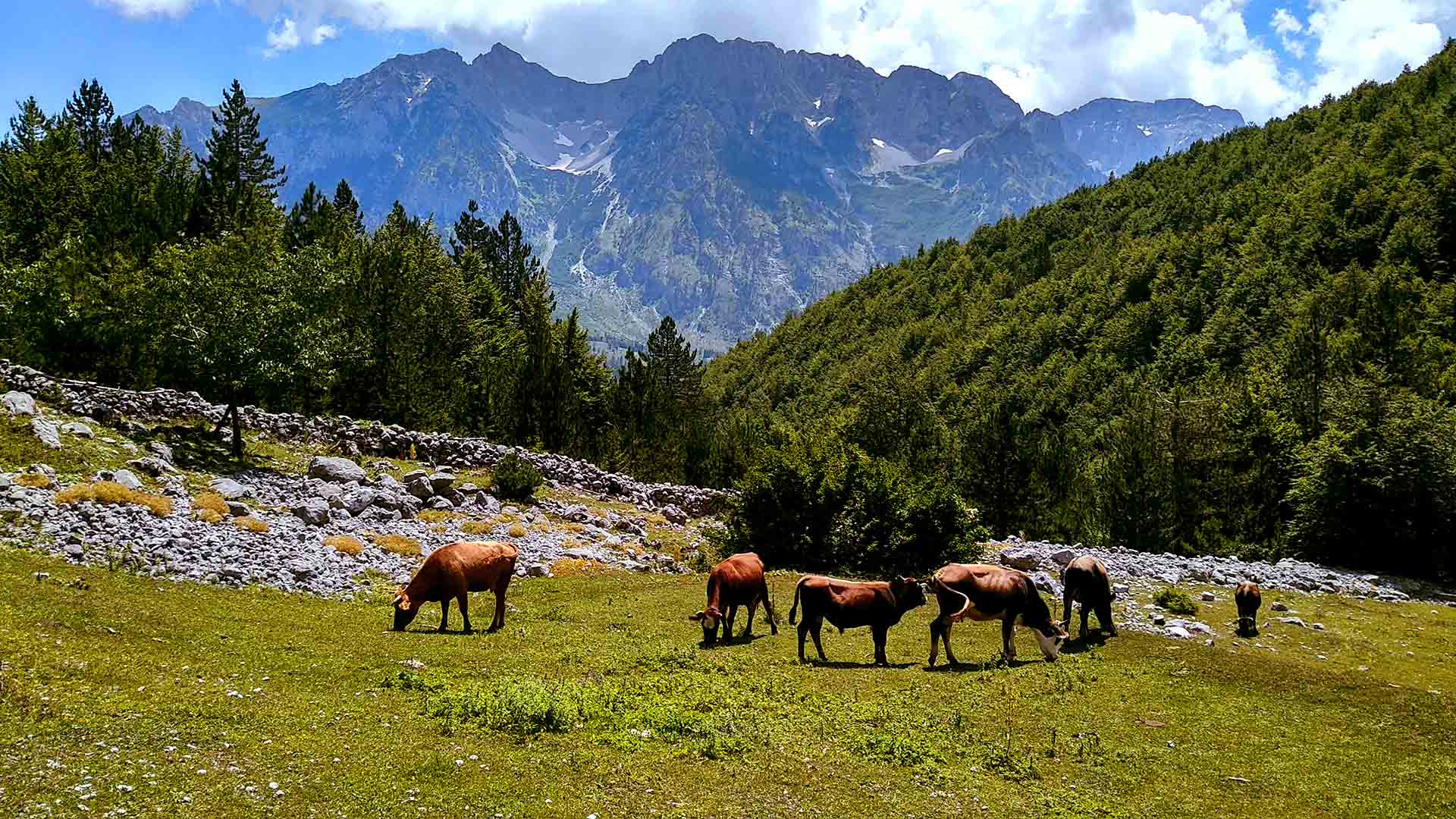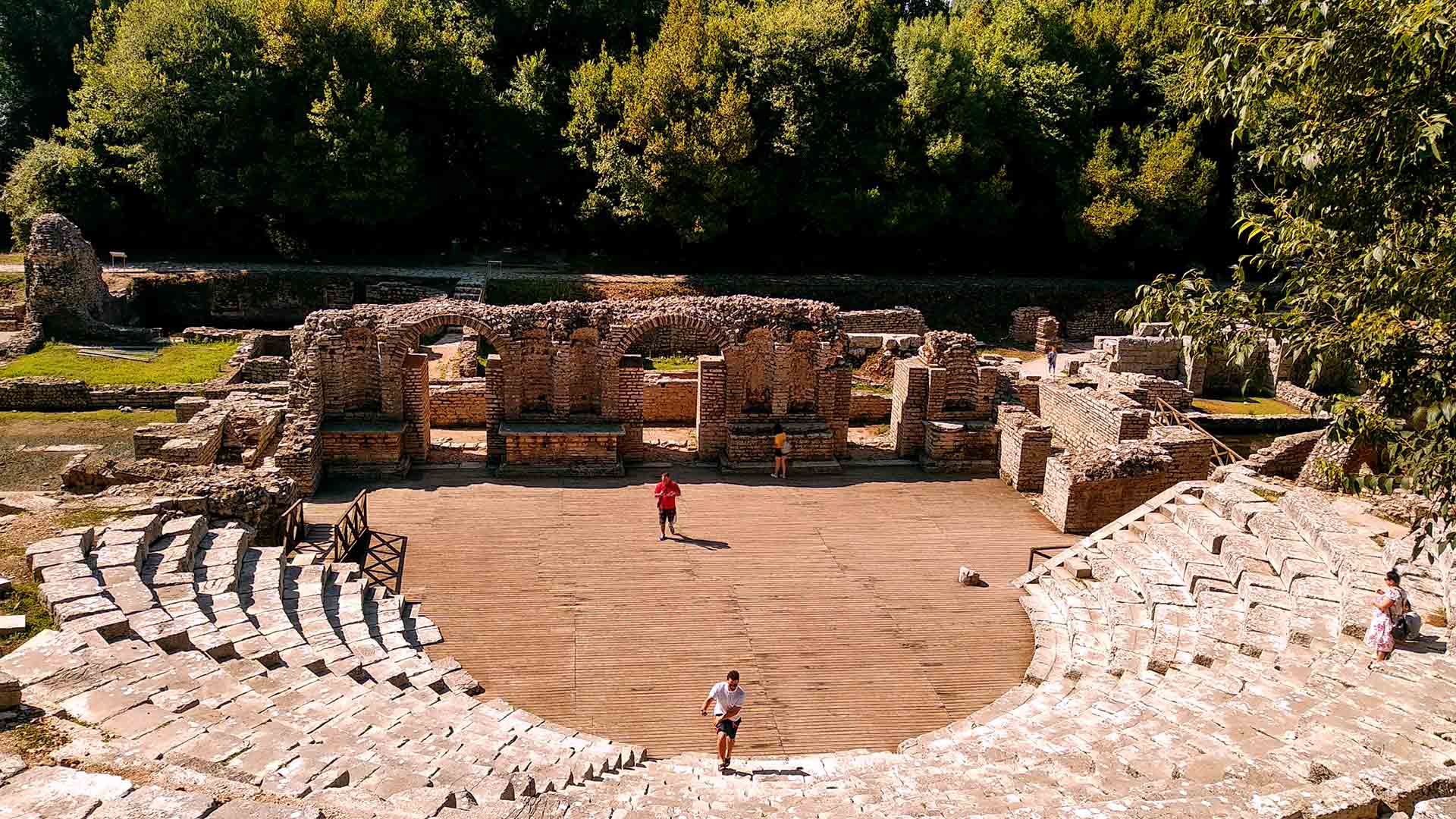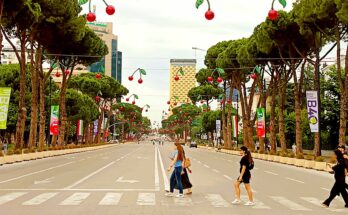
Tirana, a city that never sleeps…
Tirana, Albania’s vibrant capital, should be the first stop on your journey in the country, offering a fascinating blend of history and modernity. Famed for its colorful architecture and cultural diversity, the city reflects a forward-thinking spirit while preserving its rich heritage. At its core lies Skanderbeg Square, the city’s …
Tirana, a city that never sleeps… Read More